Every summer, many of the most illustrious names in classical music pitch up at the Artists Entrance of the Royal Albert Hall for the BBC Proms. Arriving in South Kensington from all over the world, this array of starry singers, instrumentalists and conductors all add their own bit of magic to the BBC Proms, helping to make it the greatest music festival in the world.
But there is so much more to the Proms than just the big names on stage. Without the army of orchestral players, technicians, stewards and others who work tirelessly both behind and in front of stage, the event wouldn’t even get off the ground. And as a collective whole, the Proms audience – especially the Promenaders in the Arena – are as much a part of the occasion as the musicians they have come to see.
We talk to the people who, though rarely mentioned, really make the BBC Proms tick. As Proms veterans, they have all become part of the furniture at the Albert Hall, reuniting each July for another two months of devoted service, then heading their own separate ways in September with diaries firmly marked for the following year…
The musician: Graham Bradshaw
At the Proms since… 1978
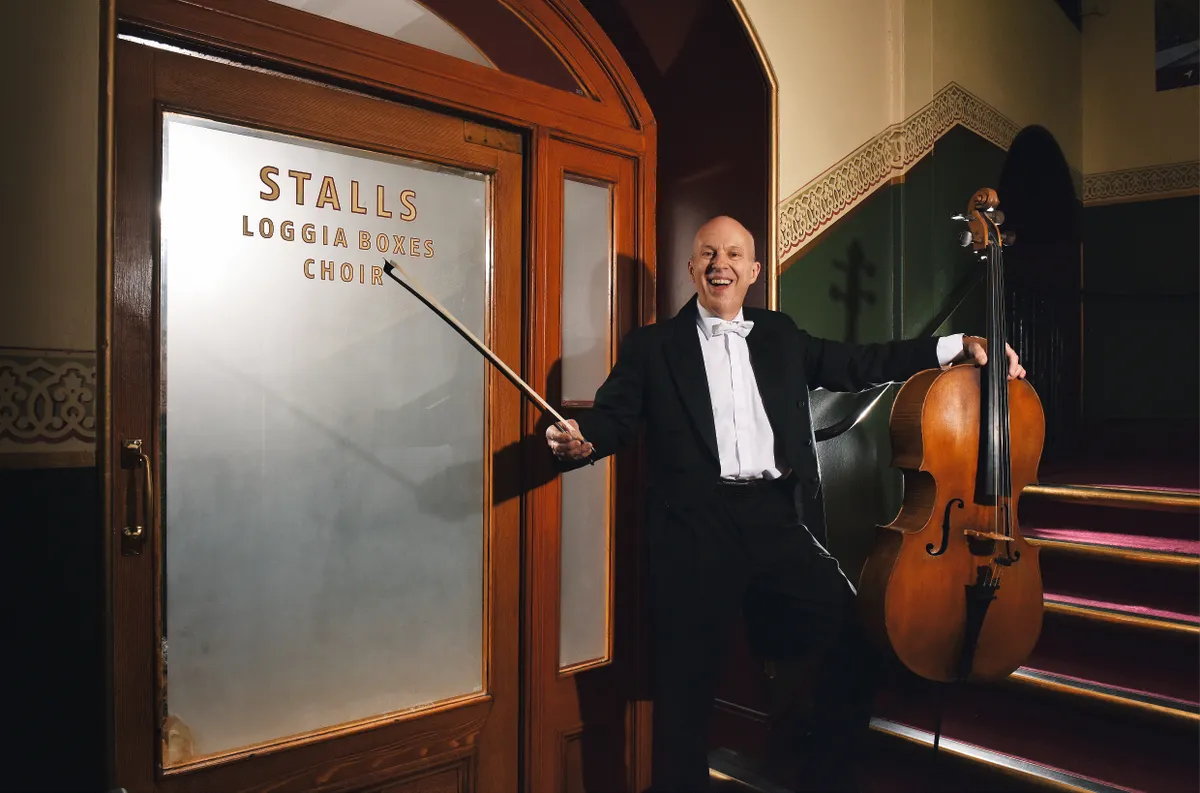
I joined the BBC Symphony Orchestra when I was 25. I thought I’d do it for a year or two and gain some experience, but here I am 40 years later. It’s such a fantastic, varied job with such a lovely group of people, and the Proms is one of the most exciting times of year for us. We often get to perform blockbuster programmes with particularly big conductors, so it’s very exciting.
The conductors are all so different. Günter Wand was very tetchy, liable to walk out at any moment, but in the concert he was totally in his own world and took us all with him. Bernard Haitink is always incredibly respectful and on our side – he’s a team leader. They all get their results in such different ways.
'The Proms are in a different league to when I joined'
We usually only have two or three days of rehearsal before a Prom – British orchestras are famous for being able to sight-read and learn very quickly.
The Proms are in a different league to when I joined and the orchestra is now in a much stronger playing position, so I feel extremely lucky to be here. There has been a steep upward trajectory to becoming a world-class orchestra. The Hall has changed too: it’s much smarter and the backstage areas are vastly improved. It’s a wonderful place to play nowadays.
Favourite Prom: Because I’m co-principal cello, I don’t usually get to do the ‘Tom Bowling’ solo in the British Sea Songs on the Last Night of the Proms. One year our principal Susan Monks cut her finger very badly so I got the call up. She was standing backstage with a glass of champagne when I finished.
The photographer: Chris Christodoulou
At the Proms since… 1981
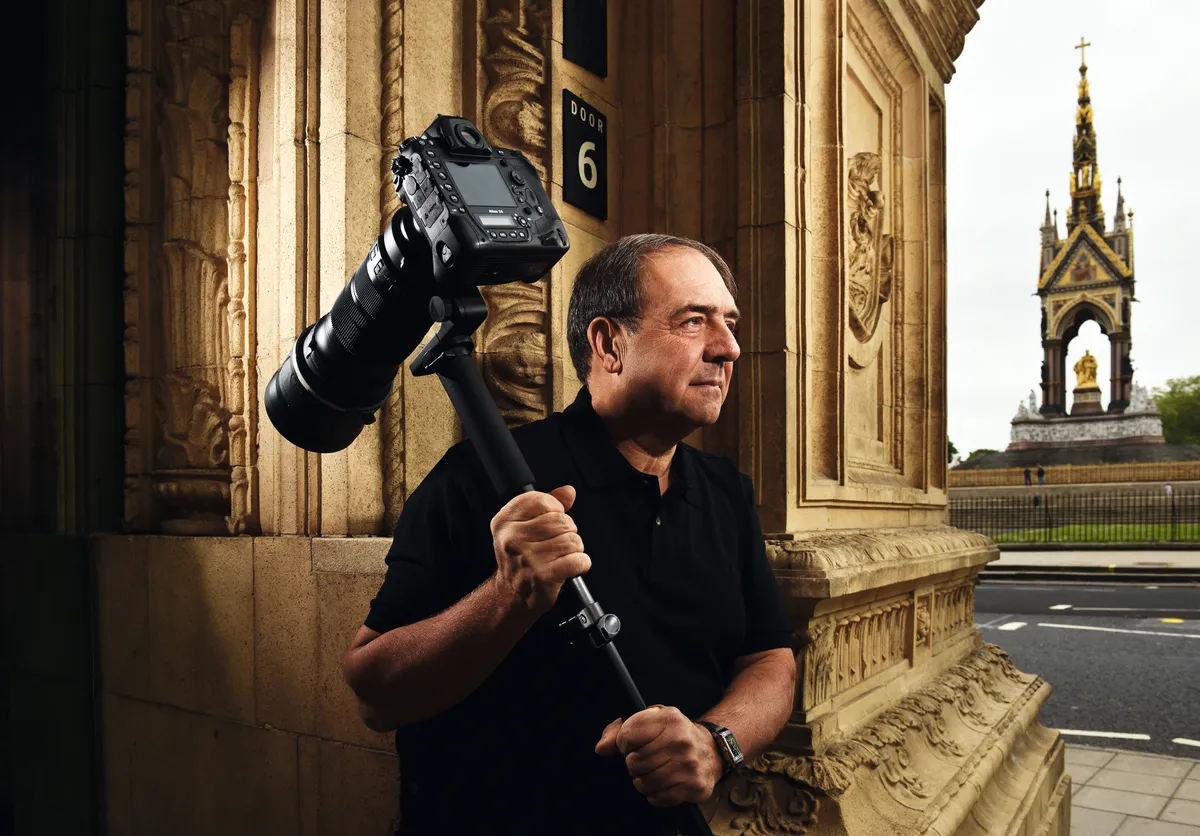
My role has changed a lot since the early years, when I would come in and photograph only the big names like Daniel Barenboim and Bernard Haitink.
- Bernard Haitink: nine unmissable recordings
- 'His music reflects the human struggle to better ourselves': the composer who's been Daniel Barenboim's lifelong fascination
The Proms have been transformed and are now much more inclusive, and when we use new concepts and explore new themes, we need to photograph it, both for the archives and the press. The big conductors will always get coverage, but now we also look at new commissions and Proms first-timers, and there’s much more of an emphasis on young and up-and-coming musicians.
'I've been described as ‘stealthy’
I use a big lens and a silencer on the camera and I dress all in black. I’ve been described as ‘stealthy’. I need to position myself carefully – I know who the soloist is, how they stand, whether they stand up or downstream from the conductor.
If it’s an 80-minute symphony, I’m on my feet the whole time and following every second. It’s particularly difficult for an oratorio, because the performers are getting up and down from their seats constantly and I can’t miss anyone. During a season, I’ll shoot anything up to 30,000 images.
There’s a certain flavour to the Proms that has remained the same. A Prom is a Prom, it’s not a concert. There’s a unique excitement that accompanies every season. We have the unique situation where people stand in the arena, which gives it a different flavour to other concerts. It’s visually very different.
Favourite Prom: The Verdi Requiem in 2001, following the 9/11 attacks. At the end of the concert, Daniele Gatti, who was conducting, said, ‘To those of you who lost your lives, we offer you this requiem.’ There was no applause – everyone just bowed their heads. It was incredibly emotional.
The steward: Shirley Feshitan
At the Proms since…2003
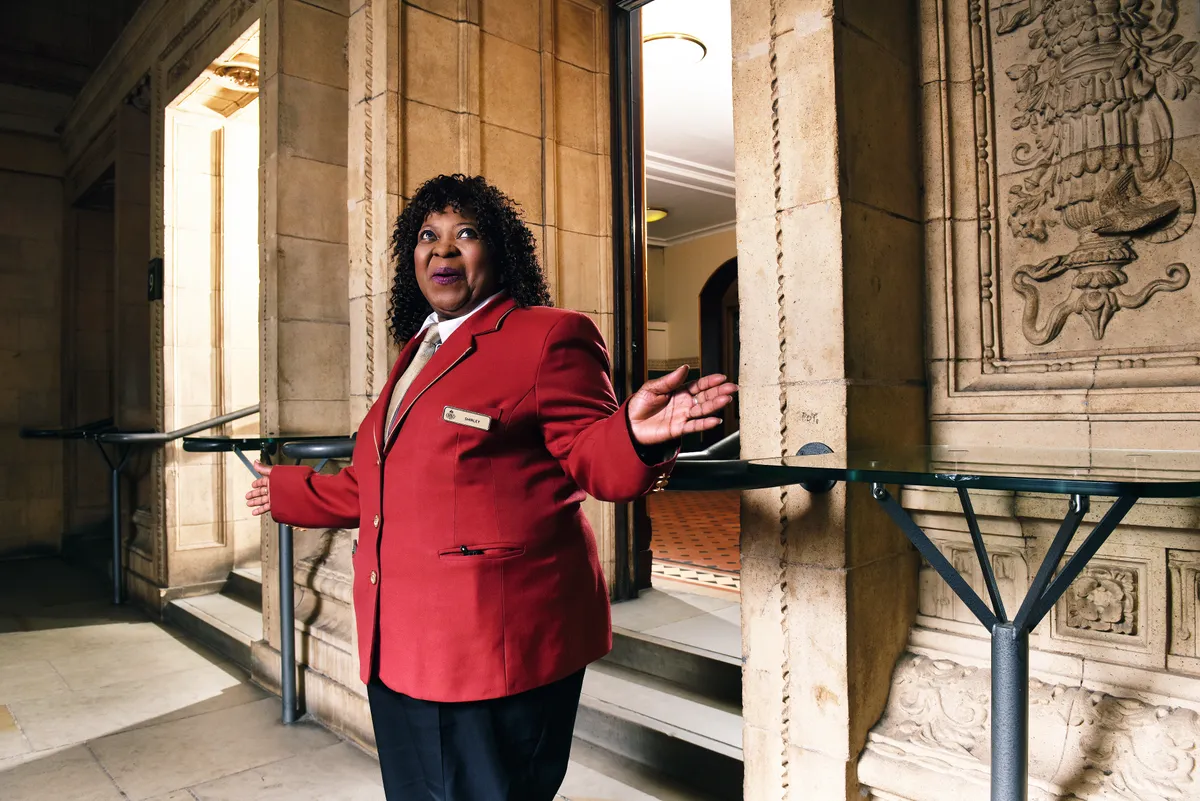
I was so looking forward to my first Prom because I had always watched it on television. When I saw the people queueing I was amazed, especially by those who buy season tickets – it was so different to anything I’d come across before. I get to know the Prommers well, and we’ve become friends. One or two have passed away and I went to their funerals.
I love the addition of the Late Night Proms – they can be like a carnival. I’m not musical at all – I can’t play a tune, but I know a good one when I hear it. Bringing all these new styles of music in and including children and different groups of people has changed the essence of the Proms in such a great way.
My favourite night of the Proms is always the First Night, because it’s when I welcome the regular customers back and catch up on the last year. The Last Night of the Proms is also fun, but it’s not a concert, it’s a party.
Favourite Prom: Daniel Barenboim conducting Beethoven’s Ninth Symphony in 2012. When I went home after the concert I turned on the TV and he was at the Olympics opening ceremony. He’d left the concert and gone straight there – I couldn’t believe it.
The camera supervisor: Vince Spooner
At the Proms since… 2009
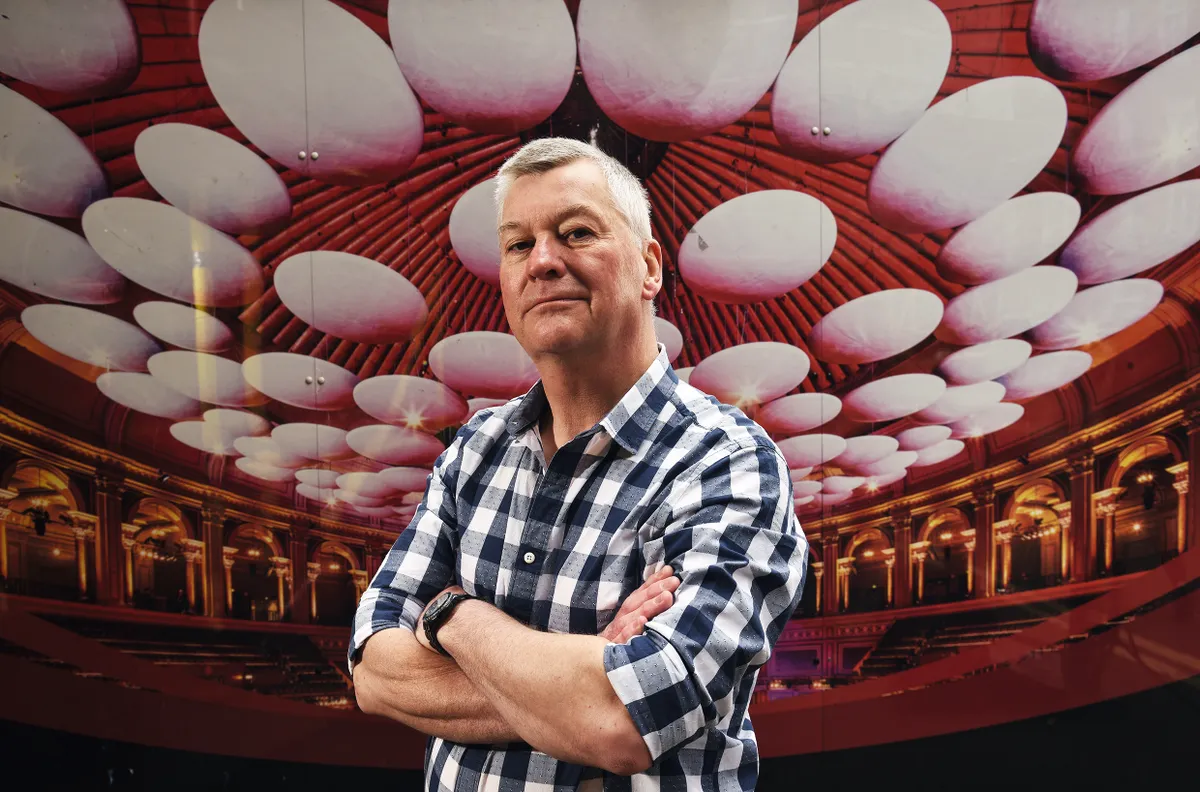
It’s all about teamwork at every level of the Proms, and certainly for the camera team, which makes it one of the most satisfying parts of the job. We get a run-through on the morning of the performance and that’s it. With only one rehearsal, there’s a lot of pressure, so we have to work together very closely.
As a camera operator, you’re so busy working on getting the right shots that often you can’t lose yourself in the music. The best Proms to work on are the John Wilson Proms because the camera person always has a lot to concentrate on – they really keep you on your toes because there’s so much going on.
Favourite Prom: Haydn’s Symphony No 100, 'Military' in 2009. A percussionist came onstage with a Jingling Johnny, which looked just like the instruments Morris dancers use!
The studio manager: Susan Thomas
At the Proms since… 1982
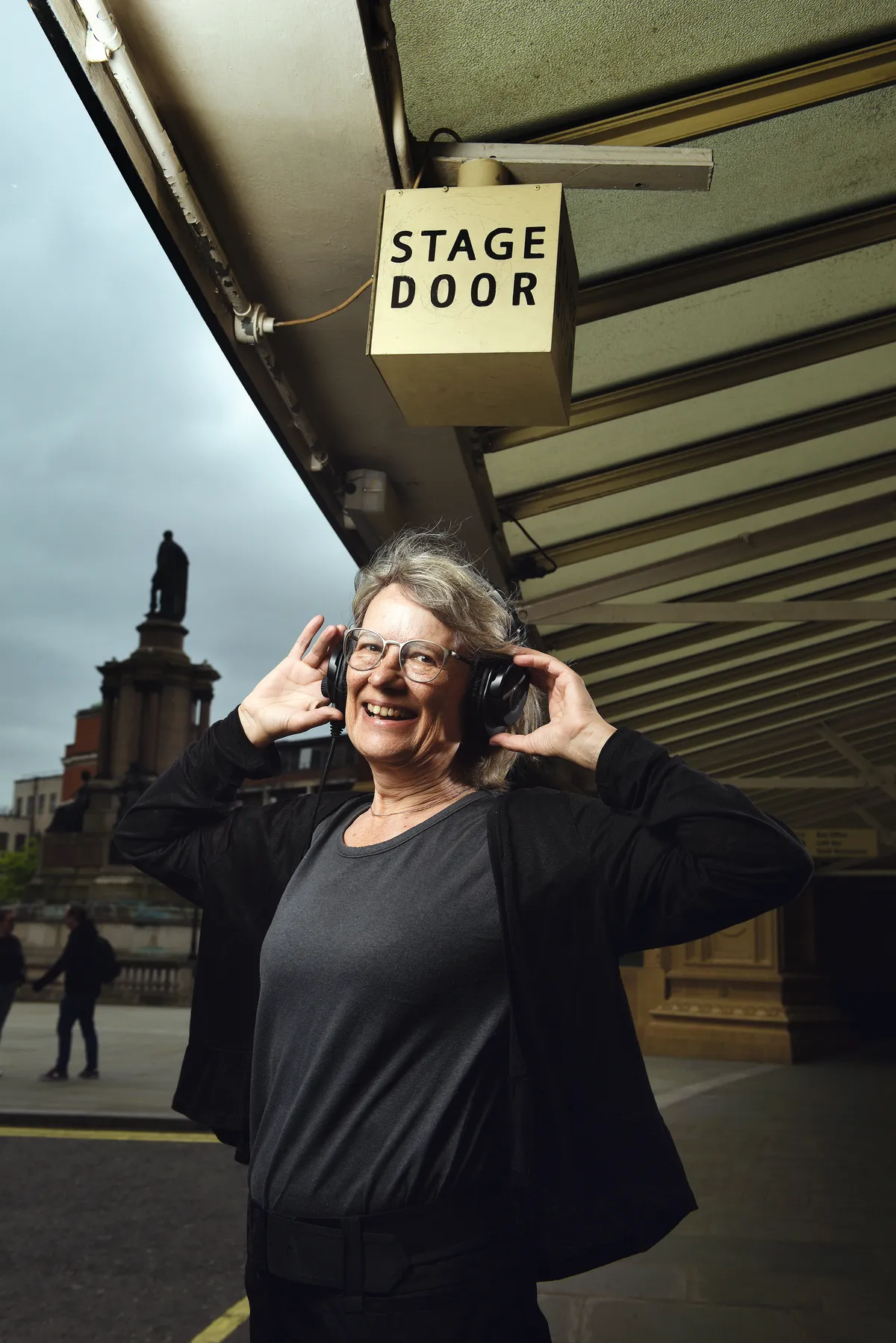
As a sound balancer, I’m located in the big truck outside the Albert Hall with a big mixing desk. Studio managers are spread out, with one on the side of the stage and one with the presenter in the box. My job is to try to make the concerts sound even better than they do in the Albert Hall. I sit at the mixing desk and decide what mics are put out and I mix sounds for the broadcasts.
I started out as a junior, moving mics around – I was the eyes and ears onstage. I then worked in the hall, balancing the sound of the presenter and the applause.
In some ways the Proms haven’t changed since I started. We still have an enormous number of the most superb musicians coming here, and the wonderful audiences are still the same. We have changed the way we work, though, as we’ve switched from analogue to digital and moved to the truck as production has expanded.
Favourite Prom: András Schiff as soloist in Beethoven’s ‘Emperor’ Piano Concerto in 2016. It’s very special when you have a musician of his standard, and you can be totally wrapped in the music.
The Prommer: Alex Weston
At the Proms since… 2012
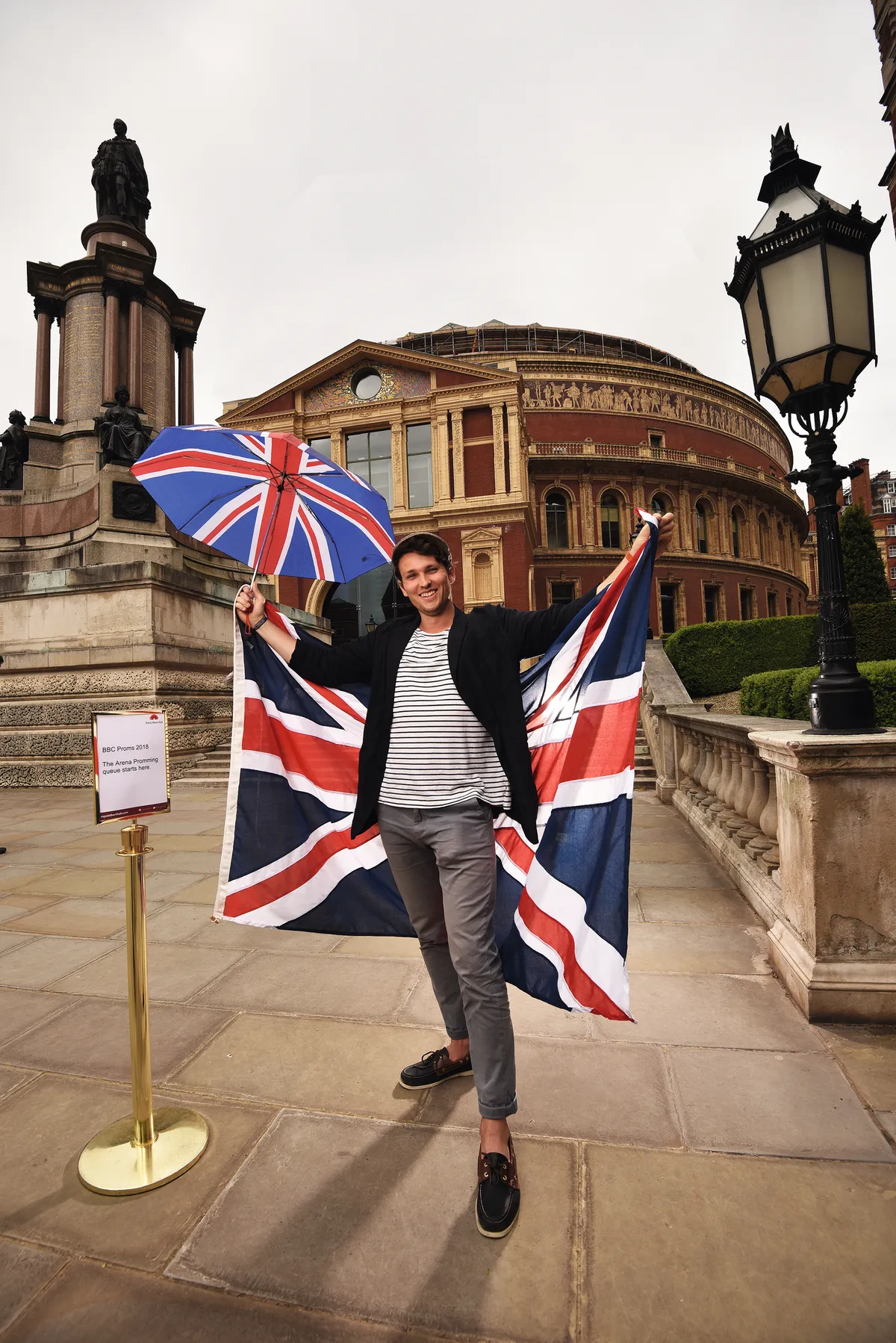
I’m relatively new to the Proms scene but I have no doubt I’ll be here until I’m old and grey. The first Prom I went to was when I sang Tippett’s A Child of our Time with the BBC Youth Choir. It was such an amazing experience – I’d never even been to the Albert Hall before, so it completely blew my mind.
My debut as a Prommer was for a semi-staged version of Richard Strauss’s Salome. The climax when the music is really discordant and Salome lifts Jokanaan’s head in the air was so powerful and has really stuck with me – I couldn’t believe I could get to see performances of such a ridiculously high quality for so little money.
Every year since, I finish work and cycle to the Albert Hall as fast as I can to get a queue ticket for whatever is on, and then get a quick beer (or a triple espresso on the Last Night) from the Imperial College bar next door before rejoining the queue.
Favourite Prom: Gerald Barry’s Canada in 2017. It’s a piece I would never have discovered without the Proms, and it had such a visceral reaction from the audience – it was brilliant.
Top image credit: BBC
